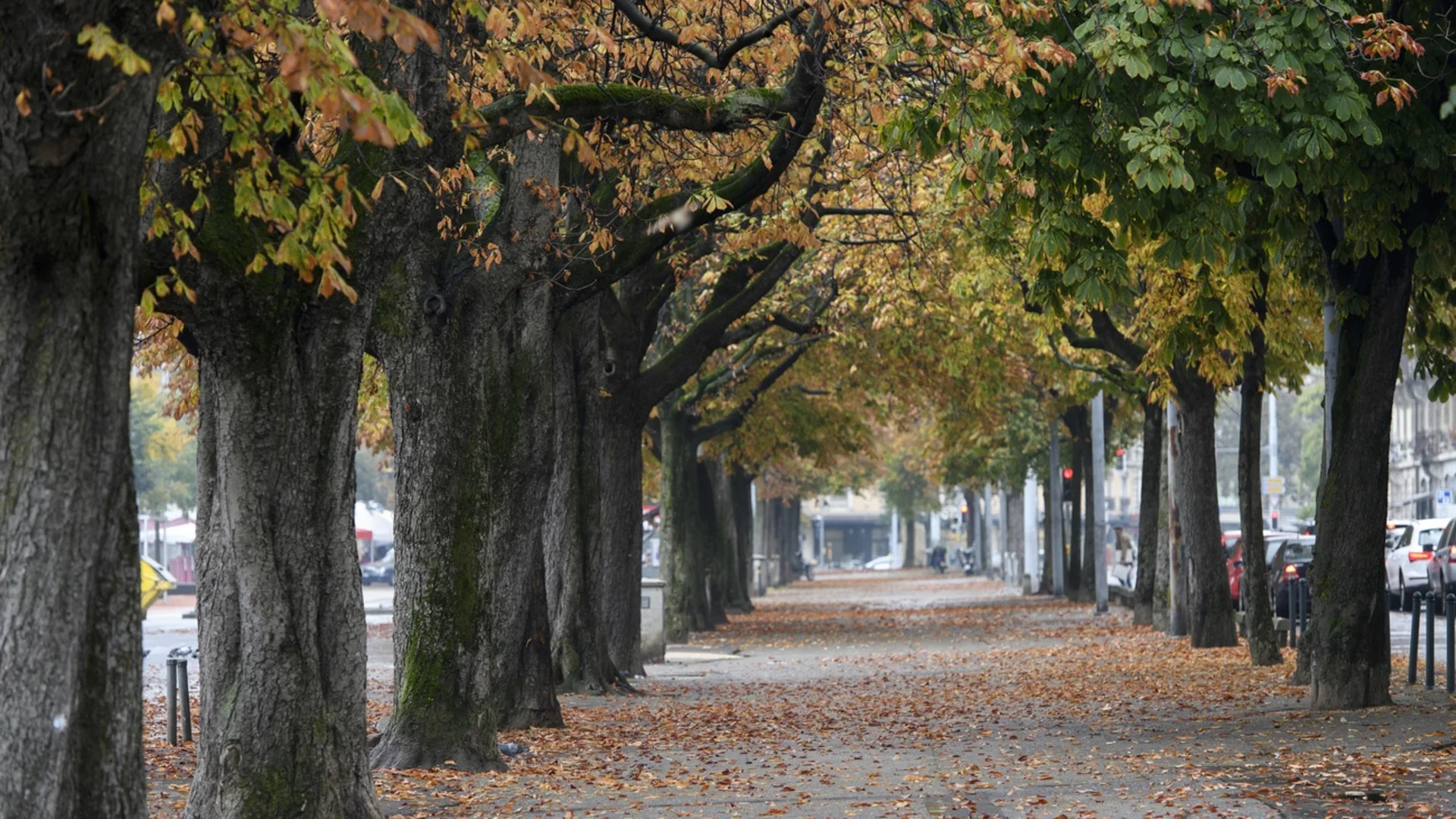Not all trees have the same capacity to improve urban air quality in towns, a study by the Federal Technology Institute Lausanne (EPFL) has found.
“I was surprised to find out that trees can also have a detrimental effect on air quality under certain conditions,” says study author Donato Kofel, cited in a press release.
Trees are helpful for offsetting heat in urban environments. But even if they have the capacity to absorb fine particles from the atmosphere, some trees emit biogenic volatile organic compounds (BVOCs), says the report. These are natural substances, but they react with human emissions such as exhaust fumes. This generates ozone, a molecule that is harmful to the environment and the lungs of living beings.
For his study, Kofel used advanced mapping software to quantify the positive and negative effects of trees on outdoor air quality in canton Geneva. His research is based on a tree inventory containing some 240,000 “isolated” trees, or trees located outside of a forest. For example, these can be trees lining a street or planted in a city park.
Kofel found that some species of oak, the type of tree most often found along Geneva canton’s streets and in its parks, have some of the highest BVOC emission rates. The methodology developed could help town planners to better manage the planting of trees in urban areas, according to the press release.
they react with human emissions such as exhaust fumes
maybe the message should be fewer cars, not fewer trees.
Unless by human emissions they mean farts.
Trees also emit more BVOCs under conditions of extreme heat, drought, damage, and stress.
As the climate warms, trees help less and less. Cool!




